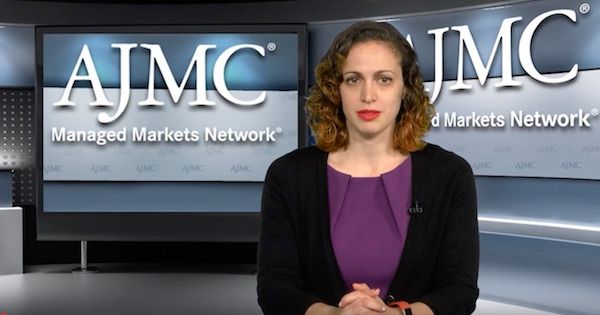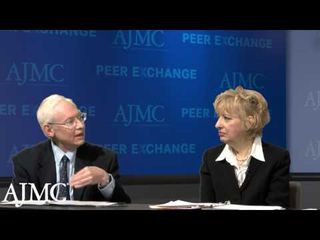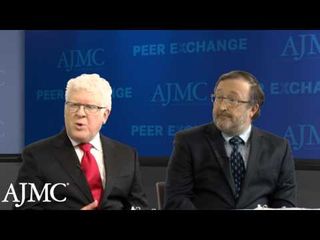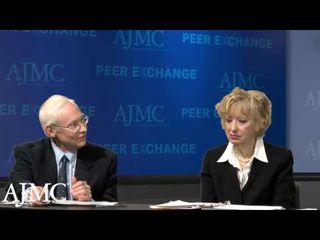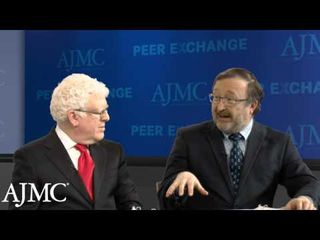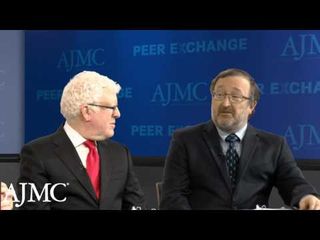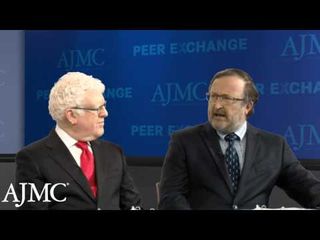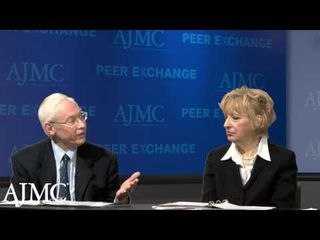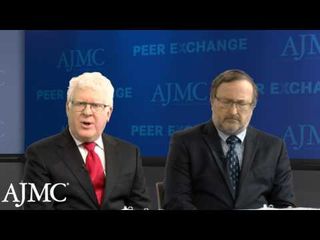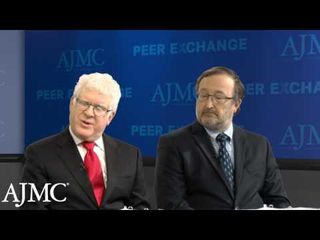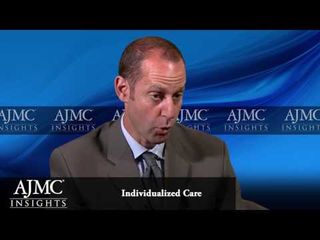
Biosimilars
Latest News
Latest Videos

CME Content
More News

The introduction of biosimilars to the US market has led to an unprecedented amount of uncertainty as stakeholders try to understand the implications of their arrival. In the following Peer Exchange discussion from The Center for Biosimilars®, held in September 2017, industry experts discuss regulation, policy, and litigation issues in the world of biosimilars.

Every week, The American Journal of Managed Care® recaps the top managed care news of the week, and you can now listen to it on our podcast, Managed Care Cast.
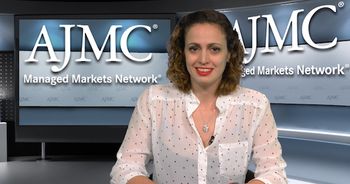
This week, the top managed care stories included CMS unveiling a new voluntary bundled payment model; coverage from the JP Morgan Healthcare Conference, including immunotherapy's impact on HIV treatment and biosimilars; and news that 2 key diabetes devices will be covered by Medicare.

This week, the investors and analysts turned their attention to presentations by business leaders at the 36th Annual JP Morgan Healthcare Conference, held in San Francisco, California. Executives from the pharmaceutical and healthcare worlds showcased their products, pipelines, and visions for the future.

It’s true, pharmacy benefit managers (PBMs) are complicated, admitted Tim Wentworth, president and CEO of Express Scripts, during his presentation at the JP Morgan Healthcare Conference in San Francisco, California. However, the company is built to succeed in the future of healthcare, he said.

AJMC®TV interviews let you catch up on what’s new and important about changes in healthcare, with insights from key decision makers—from the clinician, to the health plan leader, to the regulator. When every minute in your day matters, AJMC®TV interviews keep you informed. Access the video clips at ajmc.com/interviews.

With the increasing emergence of less expensive biologic alternatives, some health systems are making the switch. For a large healthcare system, the arrival of a cheaper alternative to filgrastim prompted the conversion to using tbo-filgrastim as the preferrred granulocyte-colony stimulating factor. The results were shared in a study published by the Journal of Managed Care & Specialty Pharmacy.
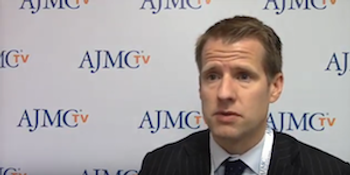
Clay Alspach, JD, principal, Leavitt Partners, explains how biosimilars will be affected by changes in the FDA under Scott Gottlieb's leadership.

The “nocebo” effect, a phenomenon that occurs when a patient’s negative perception of a therapy causes a treatment to have a worse outcome than would otherwise be expected, has become a topic of increasing interest in the world of biosimilars as some patients begin to transition from familiar, high-cost biologics to new, lower-cost biosimilars.

A review of some of the presentations at the American College of Rheumatology (ACR) 2017 Annual Meeting, in San Diego, California, where the discussions ranged from clinical progress witnessed in 2017 for the treatment of inflammatory conditions to reimbursement models in the rheumatology space.
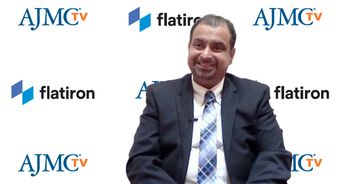
Biosimilars for core therapeutics in cancer are starting to come out, and community oncologists need to understand what that means for their business, as well as what proposed policy changes could mean for reimbursement, explained Tesh Khullar,

Among the most anticipated sessions at the 2017 meeting of the American College of Rheumatology in San Diego, California was “The Great Debate: Biosimilars…to Switch, or Not to Switch? That Is the Question.”

At this year's Academy of Managed Care Pharmacy (AMCP) Nexus conference, a few trending topics resurfaced across the meeting's agenda, with important implications for pharmacists, payers, and beyond.

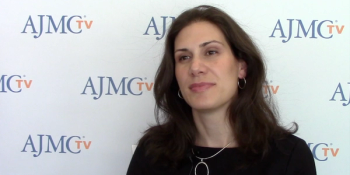
States are addressing biosimilars in different ways and putting different regulations in place as biosimilars become more prevalent in the market, explained Amanda Forys, MSPH, director of Xcenda’s Reimbursement Policy Insights consulting team.

An update on the latest developments in the world of oncology care: product approvals, clinical developments, health policy changes, and more.

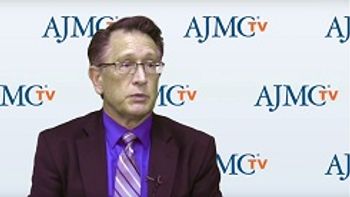
Alan Carter, PharmD, principal investigator and senior advisor at MRIGlobal, and adjunct faculty at University of Missouri—Kansas City School of Pharmacy discusses the influence of biosimilars and follow-ons in the insulin market and their reliability should be validated.

CT-P6, a proposed trastuzumab biosimilar, is safe and effective as a neoadjuvant treatment in HER2—positive early breast cancer, according to research presented at the 2017 American Society of Clinical Oncology Annual Meeting.

Research presented at the 2017 American Society of Clinical Oncology Annual Meeting showed that SB3, a proposed biosimilar to trastuzumab, has comparable efficacy, safety, immunogenicity, and pharmacokinetics to the reference product based on the breast pathological complete response.

After switching studies, research in patients with breast cancer receiving neoadjuvant myelosuppressive chemotherapy has found clinical equivalence between filgrastim and its biosimilar, according to results presented at the 2017 Annual Meeting of the American Society of Clinical Oncology.

Biosimilar molecules have gained access to the US market, and providers and patients are steadily warming up to the idea of using these products, but challenges still exist. Here are 5 of the recent developments in the biosimilar landscape.

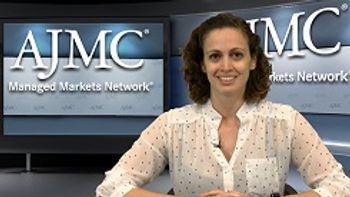
This week, the top managed care news included a report from CMS that found 2 million people dropped Obamacare coverage after failing to pay their premiums; a study found the diabetes drug canagliflozin reduced cardiovascular risk; and the Supreme Court of the United States rules in favor of biosimilars.
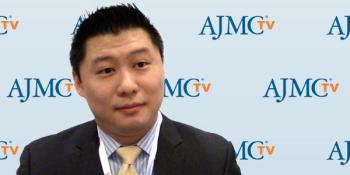
The impact that generics have on bringing down the cost of branded drugs needs to happen in the biologics space so the industry can save money and improve access to medications and population outcomes, according to Edward Li, PharmD, MPH, BCOP, of the University of New England.

